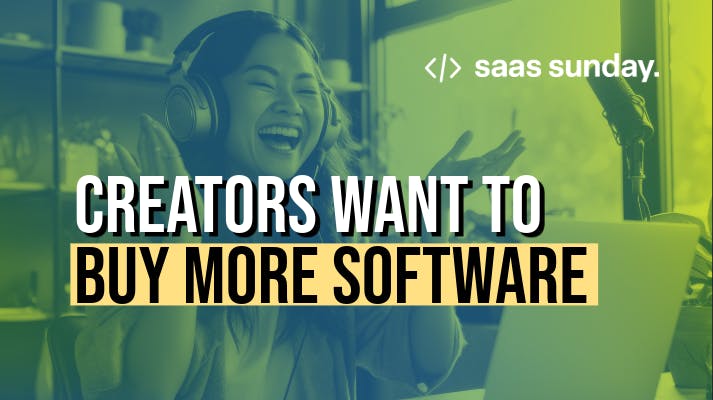123 reads
Are Startups Building Enough for the Creator Economy?
by
July 8th, 2024
Audio Presented by

Top Writer - VC @ Medium | Startup CFO and venture scout | 7+ years in capital markets and M&A.
Story's Credibility

About Author
Top Writer - VC @ Medium | Startup CFO and venture scout | 7+ years in capital markets and M&A.
